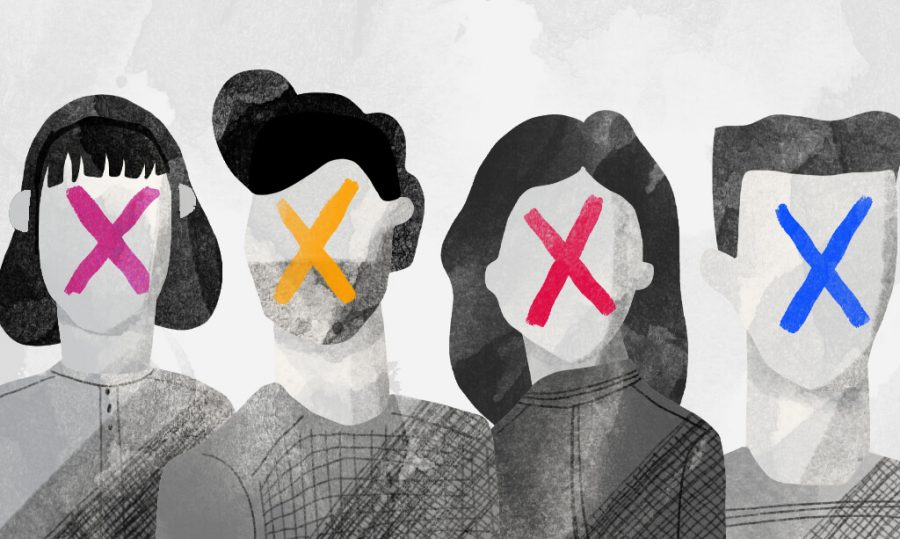CON: Cancel Culture is Toxic
November 2, 2020
Technology is one of the greatest platforms in the world. People can use technology to write informative articles, promote their views, and create entertaining content. But there are also terrible people as well. The trolls, the hackers, but worst of all, the cancel culture doxxers.
What exactly is internet doxxing and cancel culture? Doxxing is the public broadcasting of someone’s private information. It’s a part of the punishment system on the internet called “cancel culture.” Cancel culture involves the defamation of anybody on the internet who’s found to have made a mistake. As a result of this defamation, many are doxxed, or have their private details released. But while trying to pursue online justice, people often miss the cruelty and long-lasting impacts “cancel culture” can leave on its victims.
The first major incident of cancelling, the Steven Bartman incident, dates back to 2003. A baseball fan of the Chicago Cubs reached out to catch a home run ball and by mistake disrupted the ball’s trajectory. That disruption caused the ball to drop. Soon after, the Cubs lost the game. After the baseball mishap, Bartman went into exile. While incognito, several companies reached out to interview him, for hundreds of thousands of dollars, on the incident. In response, Bartman declined. So why would an ordinary man deny all these opportunities to use his fame for his own benefit? After all, this kind of money could have him set for the rest of his life.
The reason Bartman refused was one of personal matters. In the days following the Cubs loss, outraged fans decided that Bartman was to blame in entirety for the team’s defeat. Following the loss came many social media leaks and Bartman’s private information was put out everywhere on the internet. His phone number, address, and emails were all released and the harassment that followed was brutal. Bartman was spammed with death threats to him and his family. After receiving all of this harassment it was only natural for Bartman to refuse the many requests for him to step back into the spotlight.
Bartman, for one, is a perfect example of a victim of cancel culture. None of his harassers knew him in real life. To them, he was simply a devil that caused the Cubs to lose a baseball game. But in reality, Bartman was just doing what all fans loved to do. Watch some baseball and hopefully catch a homerun ball.
Bartman is not the only one who went or is going through it. Whether it’s the offensive commenter or the elementary school bully, everybody’s worst mistakes are being reposted and shared. But cancel culture isn’t something to applaud. In fact, it’s something that shouldn’t even be happening. People aren’t the same online and canceling others shouldn’t be the first step taken to resolve an issue. Most of these confrontations can be had much more effectively in private.
By calling people out online for things they shouldn’t have said or done, “online social justice warriors” believe they are solving a problem. Oftentimes after being directly called out online, victims face harassment that could wreak havoc on their mental health before even getting a chance to explain themselves. And if we look at Bartman, and many more unfortunate victims, participants in cancel culture are consistently seen to create more problems than they solve.
Graphic courtesy of YMI.TODAY

